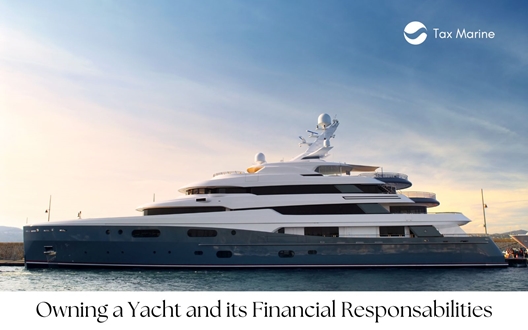Superyachts, also known as luxury yachts, are typically defined as vessels that are over 24 meters in length and are designed for personal use.
The taxation of superyachts varies depending on the country in which the yacht is registered and used. In many countries, yachts are subject to value-added tax (VAT) or sales tax when they are purchased. The VAT rate varies by country, but it is typically a percentage of the yacht’s value.
In addition to VAT, superyachts may also be subject to registration taxes in the country where they are moored. These taxes are based on the value of the yacht and are typically assessed annually.
Superyachts may also be subject to use taxes, which are levied on the owner for the privilege of using the yacht in a particular country's waters. These taxes are typically based on the length of the yacht and the duration of its stay in the country.
It is important for superyacht owners to be aware of the tax obligations in the countries where they intend using their yachts. Failure to pay taxes can result in penalties and fines. Owners should seek the advice of a tax professional or legal advisor to ensure that they are complying with all applicable tax laws.
If the above is of interest, you can read similar publications in our Knowledge Bank.






